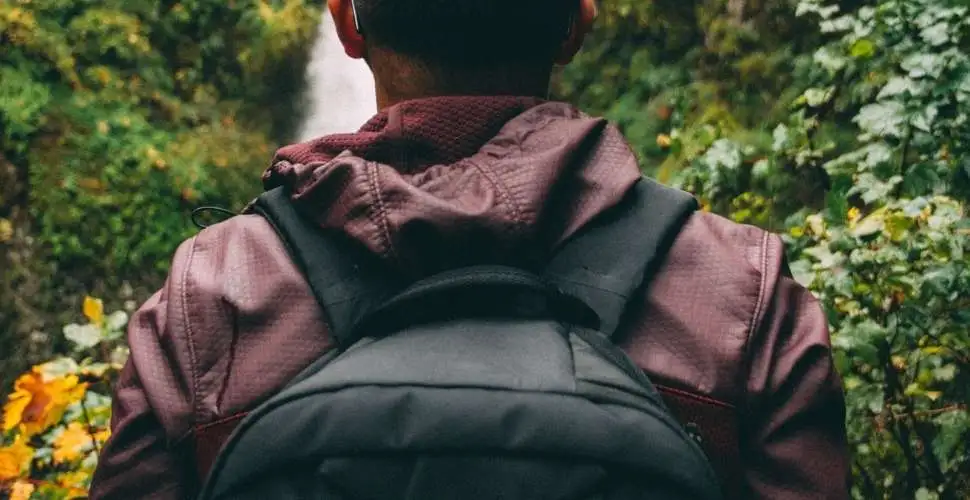This article contains references to sexual abuse.
Jose Alfaro was 17 when his trafficker first began grooming him online. As a sexual abuse survivor who had been thrown out of his house by his father for being gay, he was in an extremely vulnerable situation, and his trafficker took advantage of his desperation.
Targeting vulnerable youth
Jason Daniel Gandy connected with Alfaro on a social media platform. He introduced himself as a rich entrepreneur and offered to help Alfaro. He claimed to have a nine-bedroom house in Austin, Texas, and said Alfaro could stay there. Feeling like he had nowhere else to go, Alfaro accepted his offer.
Drawing on grooming techniques commonly used by traffickers, Gandy began to exert control over Alfaro. He gained his trust by presenting himself as a protector and confidant: he told the teen that he would help him finish school, find somewhere to live, and get a job.
Shari Botwin, the author of Thriving After Trauma: Stories of Living and Healing explains to Rolling Stone:
Predators develop a bond with their victims by acting like good listeners who care deeply about the victim’s feelings or circumstances. Once they gain the trust of their victims, they fulfill their need. […] Victims of childhood abuse and abandonment are especially susceptible to trafficking due to feelings of unworthiness and shame.
Alfaro’s nightmare
Gandy slowly introduced Alfaro to his erotic massage business, presenting it to him as a career opportunity. To keep him quiet, he warned him, “you’re not 18 and you don’t have a license, so if anyone finds out, you’re gonna get in a lot of trouble.”
Alfaro was dependent on Gandy and thought he had no choice but to join the business. During massages, Alfaro was expected to allow clients to engage in sexual activity with him. He didn’t want to, but he thought: “If I leave, where am I gonna go? If I go to law enforcement, I’m gonna get in trouble.” Until one day, Gandy allowed a client to rape Alfaro.
It was this extremely traumatic experience which pushed the teen to escape. After several difficult years, dealing with trauma and severe anxiety, he finally decided to reach out to a trafficking hotline and get help.
Boys overlooked as victims of trafficking for sexual exploitation
An estimated one in six children and teens who were reported missing in 2021 were victims of child sex trafficking, according to The National Center for Missing and Exploited Children. And although this crime mostly affects girls, a significant number of boys are also being targeted by sex traffickers.
When the media and anti-trafficking initiatives focus on female victims, they may inadvertently make it harder for male victims to identify themselves and seek help. Indeed, Alfaro explains to Rolling Stone, “I had heard of girls being trafficked, but I didn’t know it could happen to boys.”
We live in a culture where men are assumed to be perpetrators and women are the victims; gender bias in this area leaves men feeling shamed and disbelieved. Male survivors often suffer in silence for decades — most of the men I have counseled did not start speaking about what had happened to them until their late fifties or early sixties.
A survivor advocate
Having testified against his trafficker and sought justice, Alfaro is now a survivor advocate, helping other teens get the help they need. He explains to Rolling Stone:
If the proper awareness and education had been out there, I could have gotten the help I needed much sooner. I want to help others identify as survivors of human trafficking and help spread awareness. I don’t want to see others have to go through what I did.
To fight trafficking, he now gives talks to law enforcement officials and lawyers, and advises survivors on their legal rights. He is also a consultant for Bob’s House of Hope, a nonprofit shelter for young men in Texas who have survived trafficking for sexual exploitation.







Freedom United is interested in hearing from our community and welcomes relevant, informed comments, advice, and insights that advance the conversation around our campaigns and advocacy. We value inclusivity and respect within our community. To be approved, your comments should be civil.
pathetic sad.. where was the boy from… there is zero ethics in leadership globally (except India to some extent – yes as hard it is to believe.. the pop media wont tell us the fights that the center has to fight…)